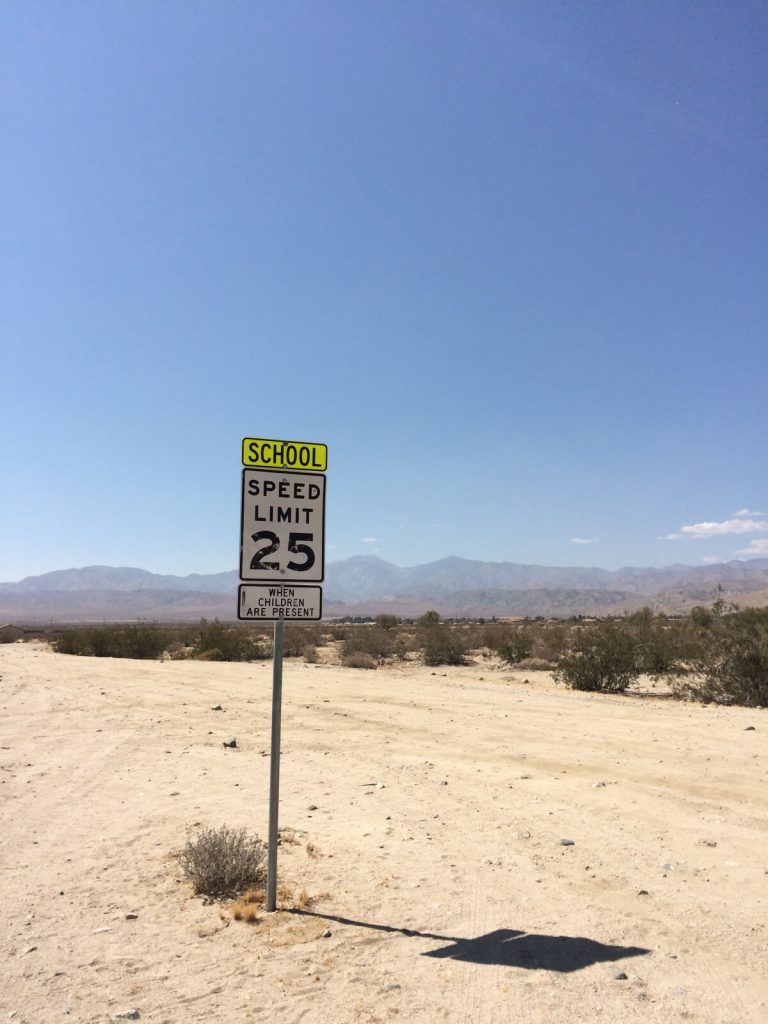“He who controls the past controls the future.
He who controls the present controls the past.”
—George Orwell, 1984
Do We Really Need History Education in Schools?
What is the purpose of teaching history in schools nowadays? This question became a central point of a debate about history education in many Western countries and is widely discussed in Poland. It is not a surprise, then, that policymakers are trying to reform the curricula to adapt to transitions in societies. We need to remember that multiculturalism, globalization, and a weakening of a nation-state are huge challenges to school systems. For instance, ethnic and minority groups in most of the Western countries want to include their cultures and histories into the school and university curricula. In these circumstances, there is no doubt that many educational systems need to be constantly ready to reinterpret the aims of citizenship and history education in the context of global and multicultural challenges.
According to the adherents of conflict theory, schools reproduce the social order and transmit the ideology of the dominant group. The education system is susceptible to political changes. Every government has its own vision of political history that gets promoted through the school system. Progressive and liberal politicians usually try to find consensus among different groups of society. The school curricula, then, includes the history of minorities, issues that are deemed controversial, and it usually promotes global and national citizenship. Conservative policymakers tend to support national history, omit disputable problems, and disseminate the idea of patriotism.
There is still a belief that history education remains one of the tools used for nation-building . Will Kymlicka (2002) points out that people as members of a particular society are “more likely to make sacrifices for others if these others are viewed as ‘one of us.’” If we assume that history education is one of the tools in the nation-building process, the next question worth asking is: why would citizens need history education? Keith Barton and Linda S. Levstik (2008) identify three major reasons: to develop knowledge and skills, to develop commitment, and to develop loyalty. At the same time, they also notice that it is a controversial issue whether history education “can, or should contribute to citizenship.”
Download Full Article:
Download Full Magazine:



